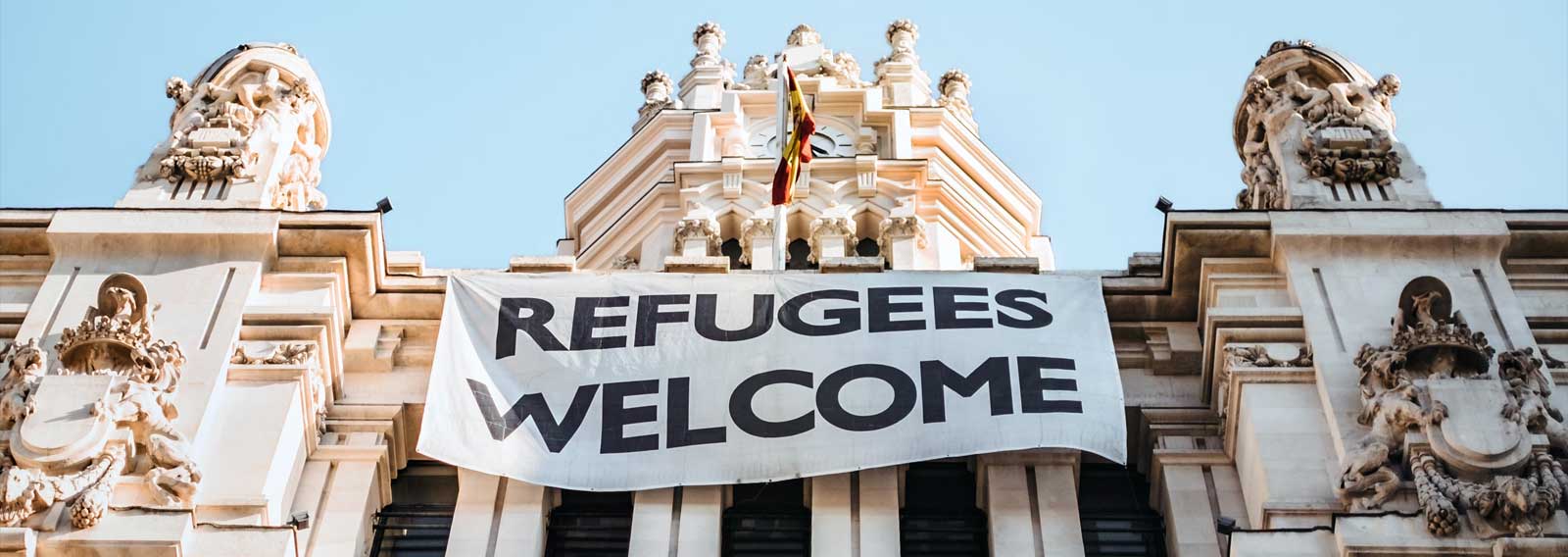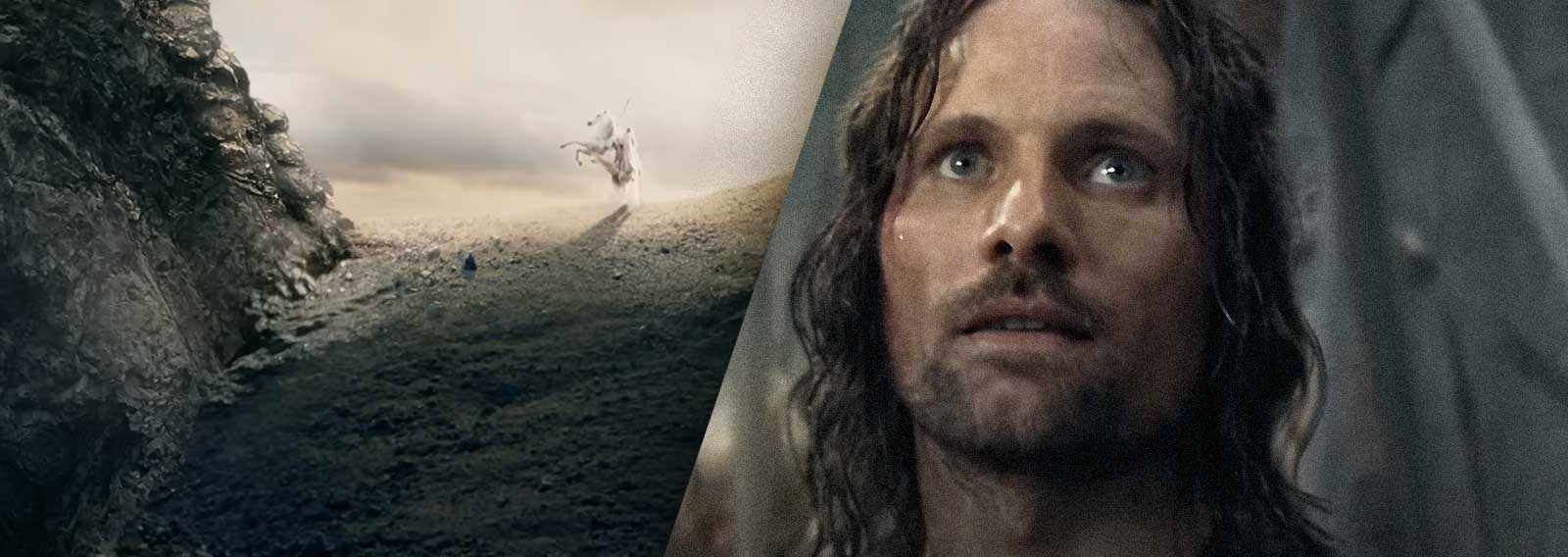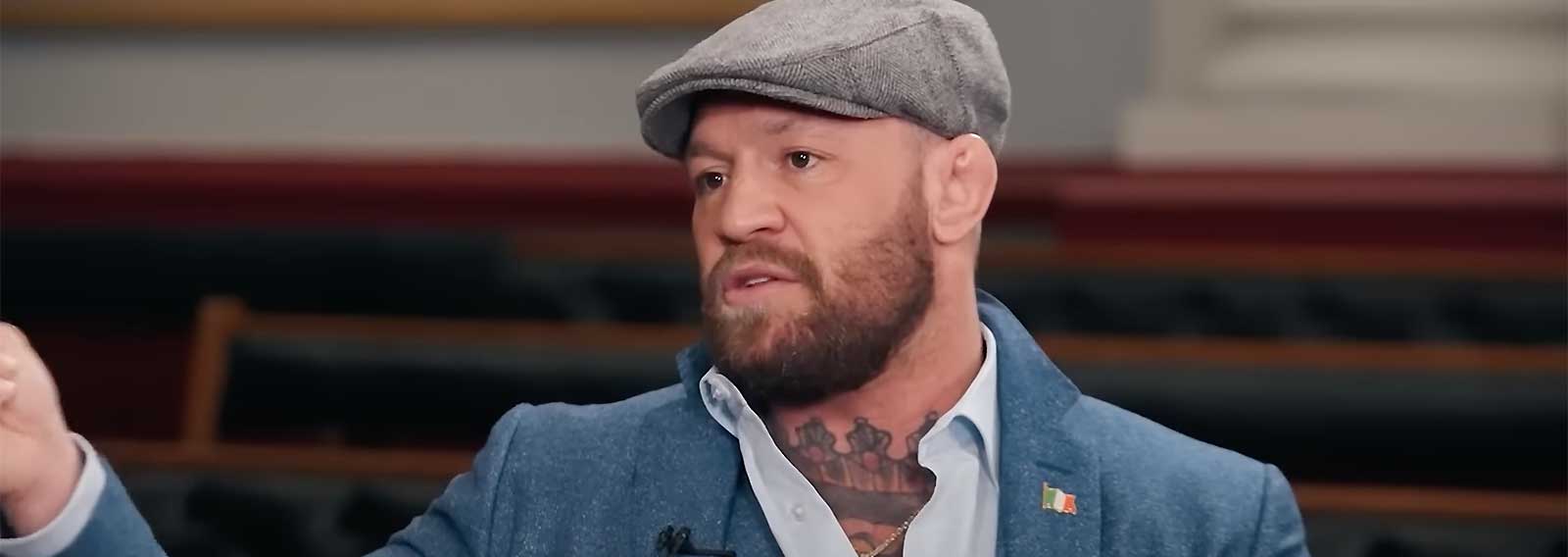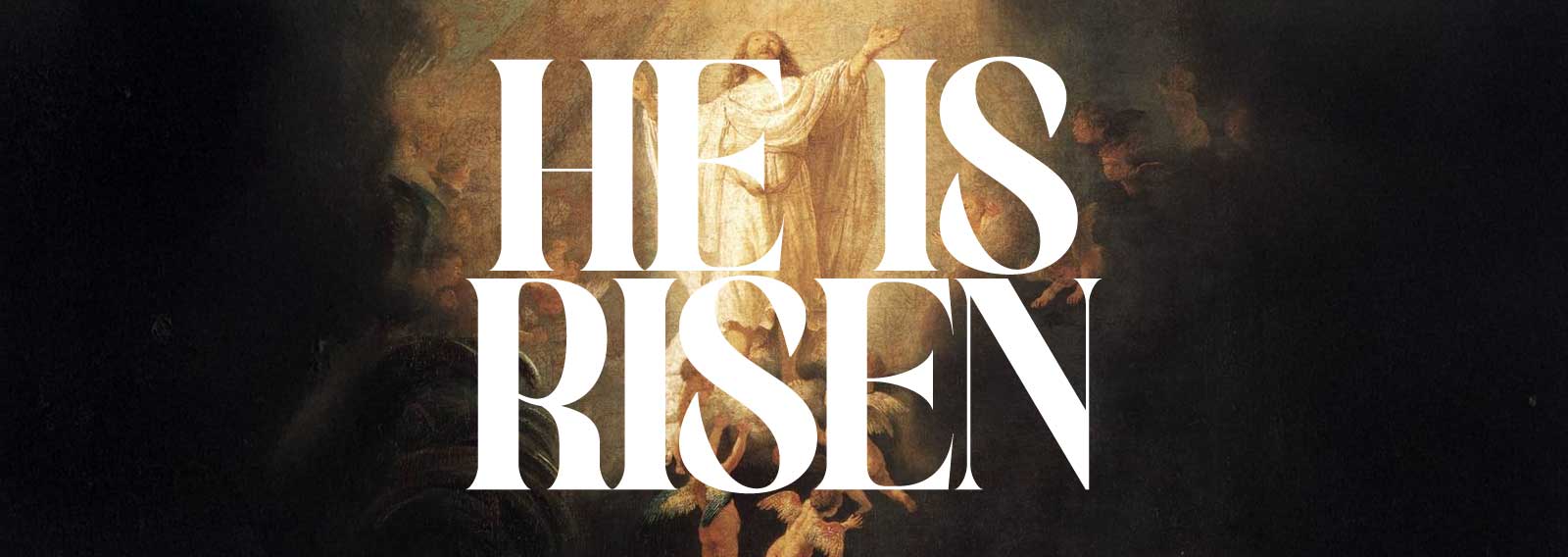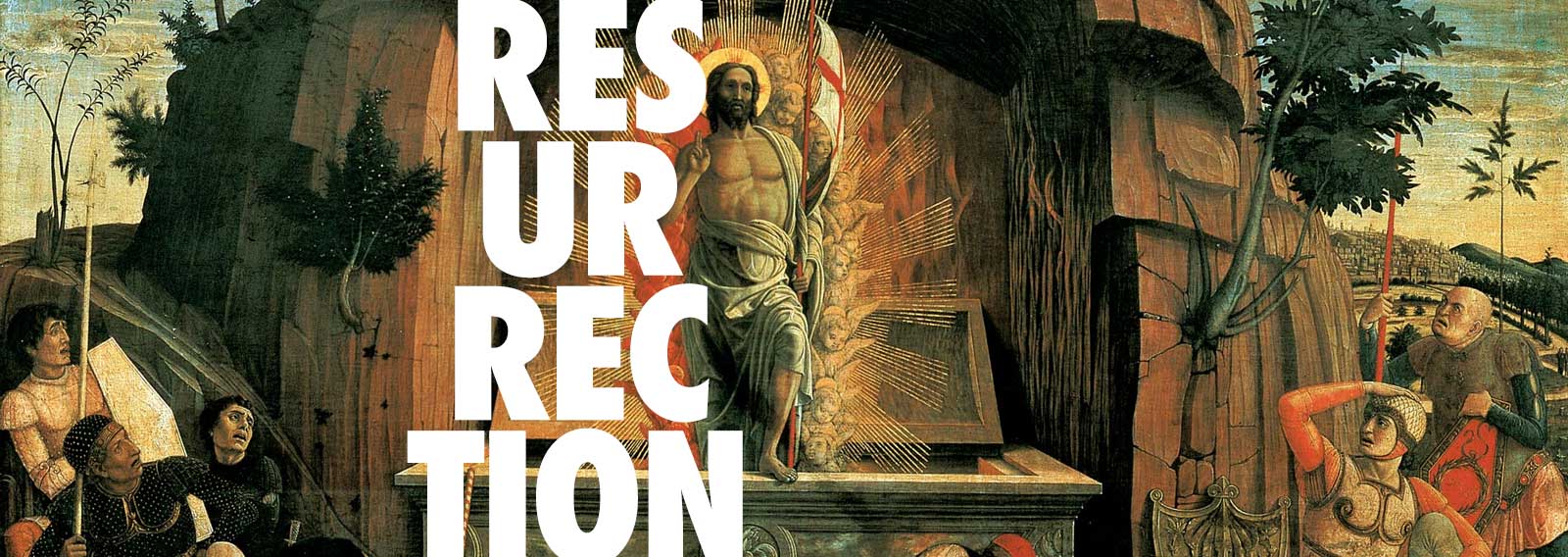I recently watched a segment you did with Paul Barnett, the former Anglican Bishop of North Sydney, on Sky News. And I must say, that coming from a self-confessed agnostic such as yourself, it was one of the best Easter messages I have ever heard. Indeed, you seem to understand the Christian message better than many church leaders.
I especially appreciated your journalistic integrity in following through on the historical evidence for Jesus’ life, death and resurrection. It was so refreshing to hear, especially in a media landscape that is often dominated by hostile and biased commentary against people, particularly those of the Christian faith. I was also grateful for your comments regarding the positive contribution that Christianity has made in shaping a civil and benevolent society.
I’ve watched your interview a number of times now and am impressed by the genuineness and thoughtfulness of your inquiry. I hope you won’t mind then if I pick up on one particular question which you asked regarding the miracles of Jesus. About the eight-minute mark, you raise the issue of miracles and in particular the resurrection of Christ from the dead. Dr Barnett gave you one part of the answer but I would like, if I may, to flesh it out further (pun intended).
One of the greatest—and quite frankly, surprising—converts to Christianity was the apostle Paul. The reason I say that is because before becoming a follower of Jesus, Paul personally persecuted Christians. He hunted them down and had them immediately put to death. And yet, in a remarkable set of circumstances (of which you can read in Acts chapter 9), Paul became a preacher of the very faith he had formerly tried to destroy.
Now, there’s a lot that could be said about Paul’s conversion from Judaism to Christianity. But the point I’d like to make is this. Paul himself says in 1 Corinthians 15:19, “If only for this life we have hope in Christ, we are to be pitied more than all men.” In context, Paul is referring to the scientific and historical truth that Jesus had in fact, physically risen from the dead. For Paul, it was absolutely crucial.
You see, the enemies of Jesus never actually questioned his miracles, but rather, the source of their power. Outside of the Bible, this is confirmed by the Talmud, which accused Jesus of sorcery. It’s important to note though, that ancient peoples were not inclined to believe in extraordinary things but constantly demanded proof. By the way, there’s a chronological snobbery (i.e. arrogance) that people today have in viewing the people of yesteryear as being superstitious and quite frankly, dumb.
But as Dr Barnett rightly argued, those first eyewitnesses did not come across as crazy. And indeed, the New Testament records that they themselves had to be personally convinced. The testimony of the apostle Thomas is a classic case in point. Even though he’d been told—along with the rest of the twelve—that Jesus would defeat death, Thomas wasn’t going to believe until he could “see the nail marks in his hands and put my finger where the nails were” (John 20:25).
Now that you’ve seen that the evidence of Christ’s resurrection is historically reliable though, I hope that you don’t simply stop there. Instead, I pray that you come to see and understand the true meaning of Easter for yourself. For just as with a stained glass window, you can only see the beauty of the Christian faith inside the building, and only really then when the sun—or perhaps that should be, Son—is shining through it.
Anyway, thanks again for your interview. For your journalistic fair-mindedness and personal integrity. May the Lord truly bless you and I hope you receive this in the spirit in which it was written.








